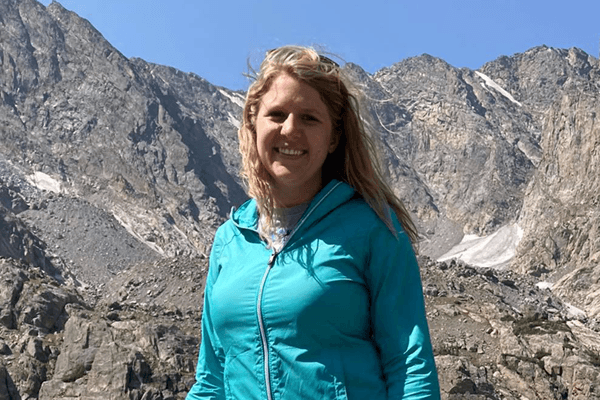Meet Melissa Breeden

CIRES researcher Melissa Breeden (she/her) joined PSL's Atmosphere–Ocean Processes Team in January 2021. Melissa develops real-time subseasonal forecast models of environmental conditions relevant to agriculture for regions important to the Famine Early Warning Systems Network (FEWS NET). Using a linear inverse model, she has developed a forecast model for subseasonal precipitation over Afghanistan, which will be implemented during the Afghan rainy season (November – April). Melissa also diagnoses sources of prediction skill, including ENSO and the MJO, for environmental conditions relevant to agriculture to bolster predictive understanding of Afghanistan weather and climate. She next plans to develop forecasts for the Horn of Africa region.
Before joining PSL, Melissa was a NOAA Climate and Global Change fellow in the Chemistry and Climate Processes group at CSL, where she studied subseasonal North Pacific jet stream variability and how it affects deep stratosphere-to-troposphere mass transport during spring. She received her Ph.D. and B.S. degrees in Atmospheric and Oceanic Sciences at the University of Wisconsin-Madison. Melissa’s dissertation focused on the dynamics of north Pacific blocking onset using piecewise potential vorticity tendency diagnosis and a linear inverse model. As an undergraduate student she studied multidecadal North Atlantic surface carbon flux variability using a coupled physical-biogeochemical-ecosystem model.
In her free time Melissa enjoys hiking, hula hooping, concerts, spoiling her cat, and baking.
Learn more about Melissa on her staff profle page.
Posted: September 2, 2021